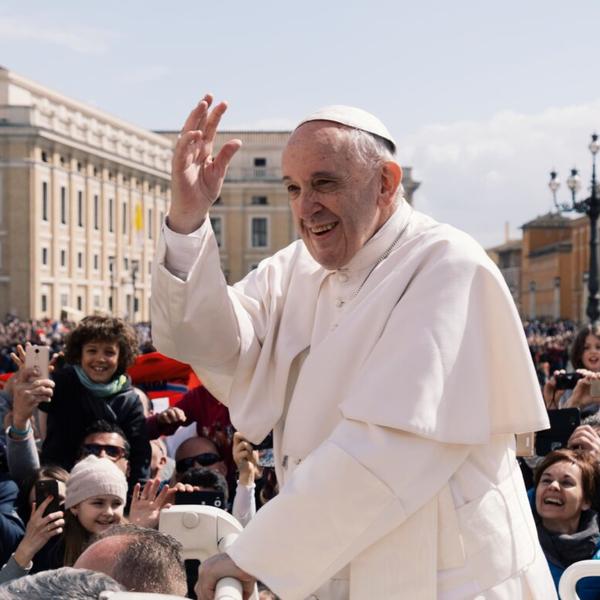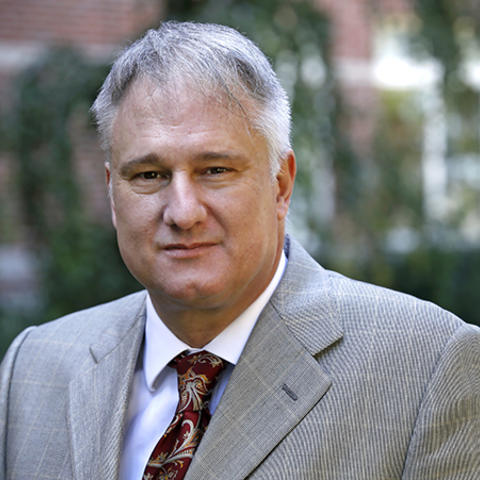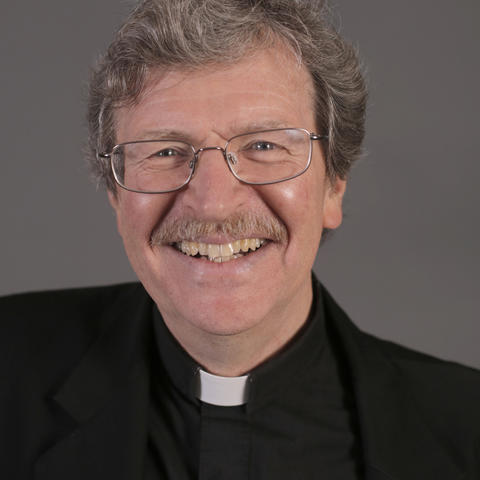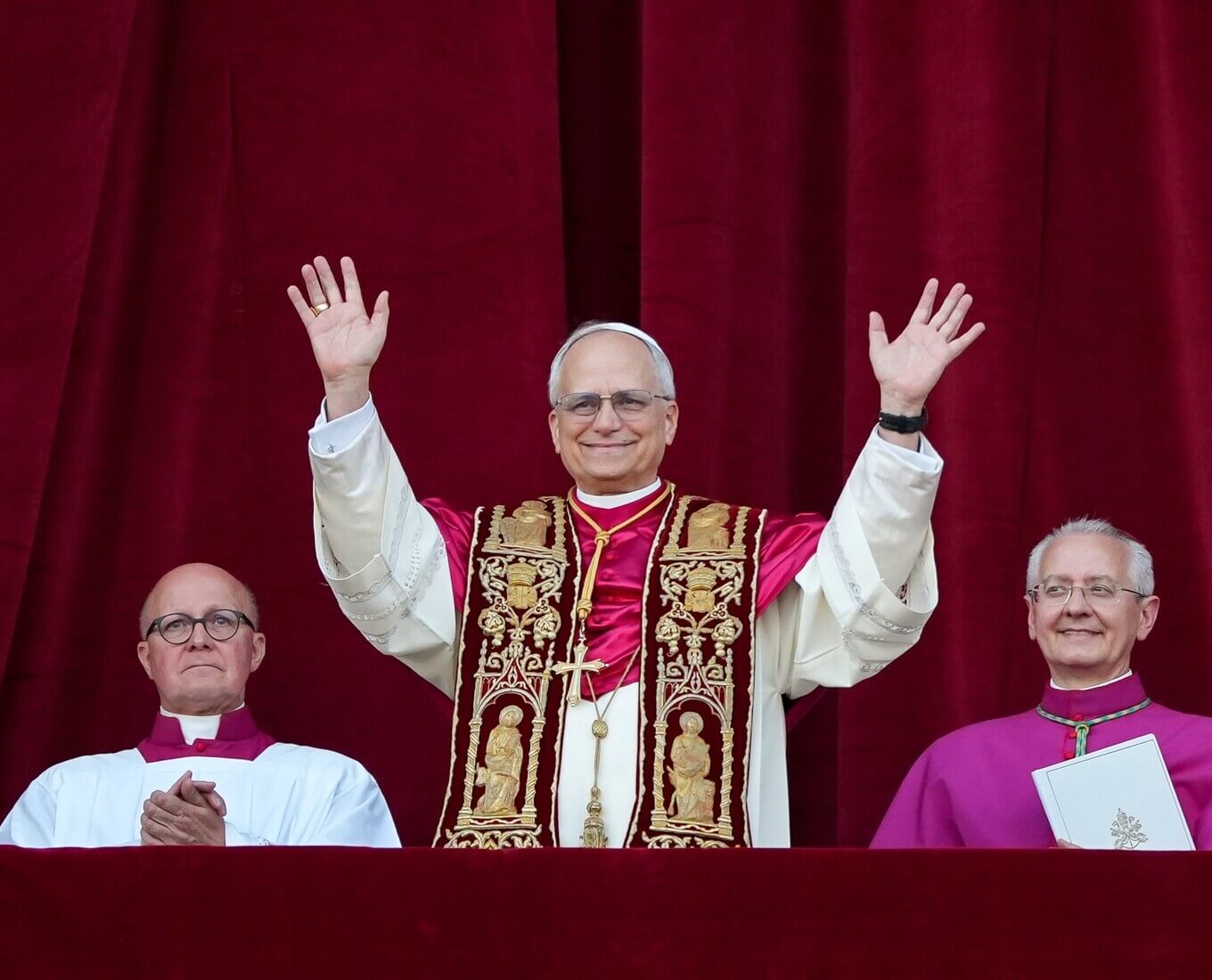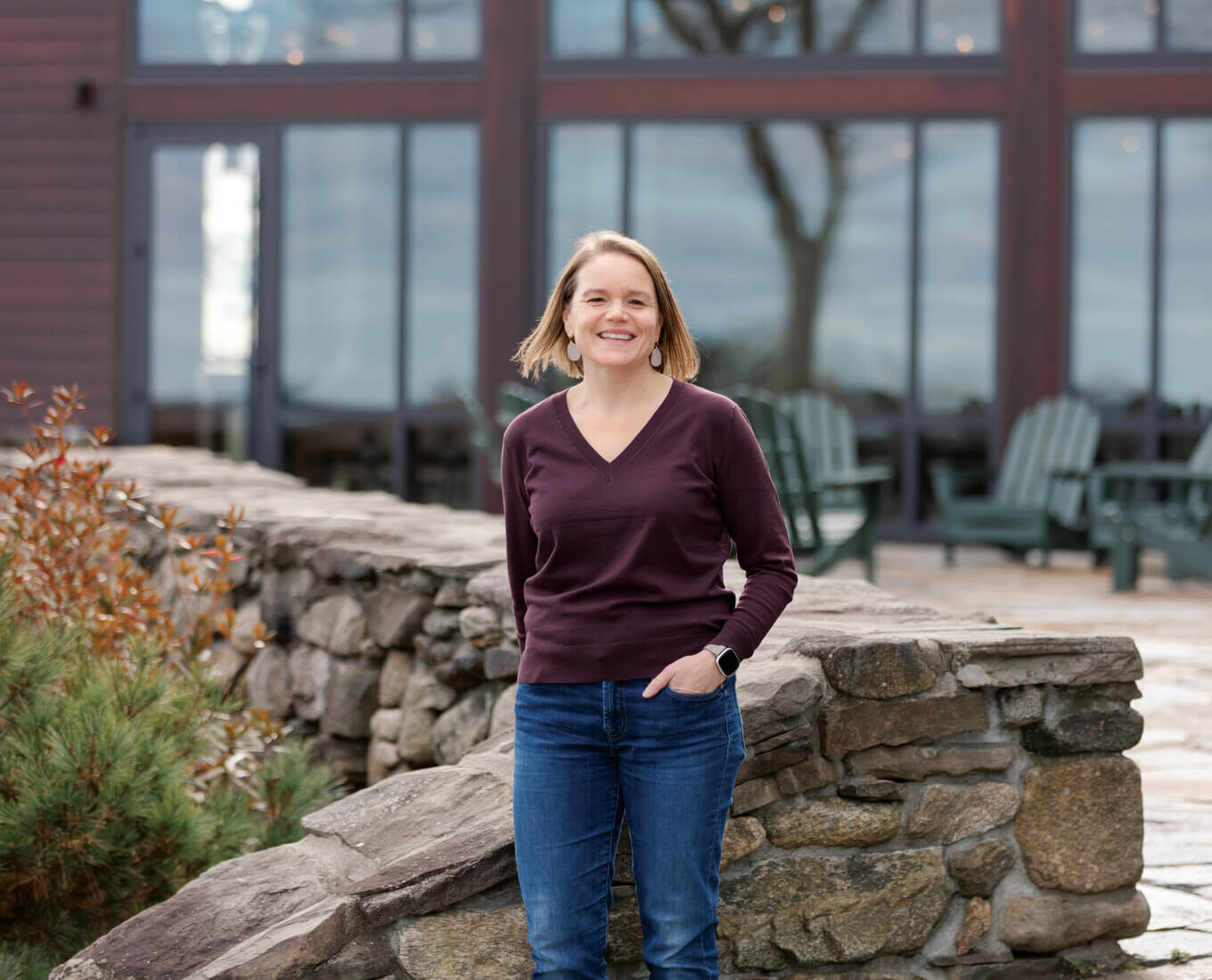The Pope has convened a gathering of more than 400 bishops and lay people from around the world in Rome this month, a move that is garnering headlines due to some of the invitees and potential topics of discussion; however, experts say the significance of this meeting is not the issues, but the people actually involved.
"If you really pay attention to what it [the meaning of the title, 'The Synod on Synodality'] says, that’s where we should look for the results to expect at the end," said Rev. William Clark, S.J., professor of religious studies. "This is about how the church can be governed in a more cooperative and multifaceted way. There is room specifically made for Catholics’ voices across the board."
The synodal process harkens back to an older form of governance within early Christianity and the Eastern RITE Catholic Churches, according to Mathew Schmalz, professor of religious studies. The current synod began in 2021, when Pope Francis asked each diocese throughout the world to complete an internal reflection and consider what the Church needs in order to fulfill its work. The current session, which opened on Oct. 4 and concludes Oct. 29, is a natural progression of that process.
